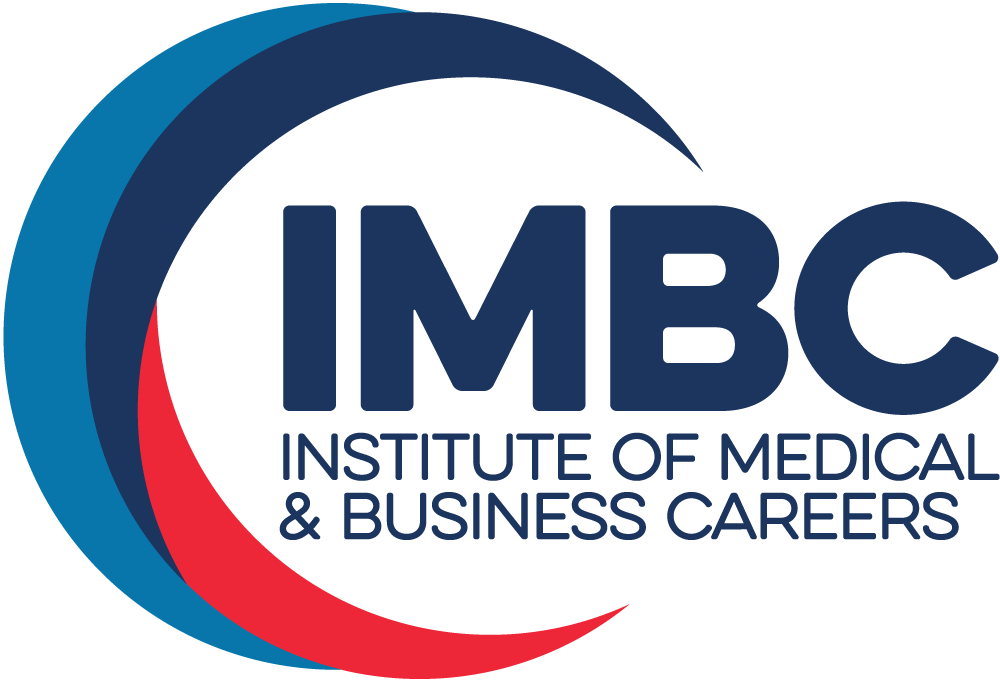Today, everything is digital. From cars to fast food orders, we rely on technology to streamline everyday activities. We have even moved education online by creating completely digital programs in which students can gain the knowledge they need to succeed in their chosen field. The benefits are easy to see: convenience, flexibility, and accessibility.
Your student experience will be significantly influenced by how well you can navigate the internet and technology landscape. To get the most out of your student career, you will need to brush up on your computer skills.
However, not everyone has computer literacy to navigate online programs with ease. Luckily, there are some resources that will enable you to improve your computer literacy. This guide breaks down the crucial computer skills adult students earning an online degree will need to learn and master. Let’s dive in.

Learning to Touch Type
If you are using a computer, it is crucial to get comfortable using a keyboard. This means learning how to touch type. If you are unfamiliar with touch typing, it is the super fast and accurate typing that computer hackers usually do in movies. It is a method of typing in which the fingers rest in position on a keyboard and rely on muscle memory to type keys quickly and accurately.
Though some elementary and high schools have typing courses, there is a significant gap in these lessons. As a result, many adult students struggle with touch typing. Luckily, learning how to touch type is a relatively easy and worthy time investment. Here are some measurable benefits to learning touch typing:
- If you are a slower typist, touch typing is guaranteed to increase your typing speed. You will certainly notice the difference when typing up assignments or essays.
- Anyone can learn to touch type, regardless of age. Additionally, touch typing is a skill that’s similar to riding a bike. Once you learn, you will never forget it.
- Whether you are a hunt and peck typist or otherwise, being comfortable using a keyboard is an essential computing skill.
- If you are disabled and cannot use your fingers and hands in the required methods for touch typing, there are software programs that use your computer’s microphone to convert your voice into typed text. This is voice dictation, which we will not cover in this particular article, but is an option for those who cannot learn how to type.
Touch Typing Tools
Practicing touch typing can be challenging if you don’t know where to start. Use the resources listed below for free online touch typing lessons for touch typists of all levels.
- Ratatype.com: This is an excellent site for anyone who is a touch typing beginner. It breaks the keyboard into small manageable lessons and won’t let you pass until you demonstrate mastery.
- Keybr.com: Master each key one at a time by practicing nonsense words. The site collects metrics that show you how long you hesitated between each key, so you can see which ones need work. This site only teaches basic letters and punctuation, numbers are not included.
- 10fastfingers.com: Practice the top 200 words in the English language. As the name suggests, this site helps you see how many words you type in a minute.
The most important aspect of your journey to becoming a touch typing expert is consistency. Try to practice at least half an hour a day, and you will see noticeable results relatively quickly. There will come a moment when you naturally begin to get into touch typing resting position when you are at a keyboard, and it will feel more comfortable than your old way of typing. Keep practicing, and don’t look back.
Navigate Popular Software
Whether you are accessing these software systems for work or academics, knowing how to navigate popular software systems is an essential aspect of computer literacy. Not only will this save you time, but it can also help you avoid frustration and headaches.
Generally, Microsoft Office 365 and Google’s G Suite software are among the most popular for both workplace and academic software. It’s valuable to learn how to use both systems. However, Google’s G Suite is free and overlaps with Microsoft Office 365 in terms of major functionality, so it should be the platform you prioritize exploring at first.
A great way to learn how to use this software system is to get in there and play around with it. The hands-on approach gives you firsthand experience that you just can’t get through watching videos. That said, it might help to have some direction. This free G Suite tutorial offers clear and in-depth guidance about how to navigate all the Google apps within the software system. However, if you are more of a visual learner, there are tons of videos on Google’s YouTube to help you get started.

Familiarize Yourself with Valuable Web Resources
Beyond improving your typing skills and learning to navigate common software, being aware of the valuable resources that the internet has to offer is a major e-learning asset. Here are some of the best digital resources to leverage during your e-learning experience.
- Google Docs Voice Typing & Document Reader: Voice typing can help you get your papers and assignments done much more quickly, so long as you’re good at editing — which the document reader can help with. Having your document read back to you can help you more easily identify errors.
- Overdrive/Libby: ebooks are very valuable in that they enable you to access books from multiple devices (smartphone, desktop, tablet, etc.) with a local or school library card. You can borrow ebooks on your devices and read them at your leisure. The Kindle app only supports the kindle book format, but it is popular, free, and can be used on multiple devices.
- The Gutenberg Project: Get free ebooks to keep, no library card required. There are a ton of ebooks ranging from classics to cookbooks. Though you won’t find the latest releases, you will be able to sort through an array of books that you can use during your time as a student.
Key Takeaways
Like all skills worth learning, practice makes perfect. If you want to improve your computer literacy, you will have to sit in front of a computer and play around to get the hands-on experience you need to succeed.
At the Institute of Medical and Business Careers, students can take advantage of the full scope of our online resources. These resources include discussion boards for connecting with classmates, one-on-one tutoring sessions, and more.
Beyond just digital resources, IMBC has a lot to offer any adult student that wants to maximize their educational investment.
Want to learn more? Get in touch today.
